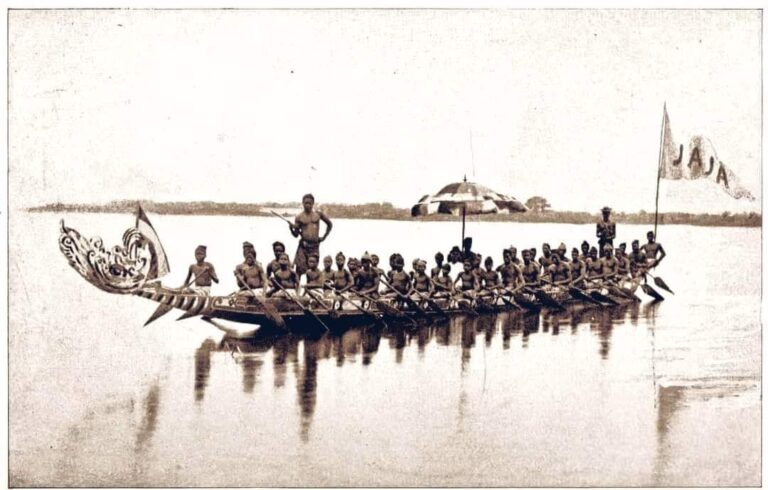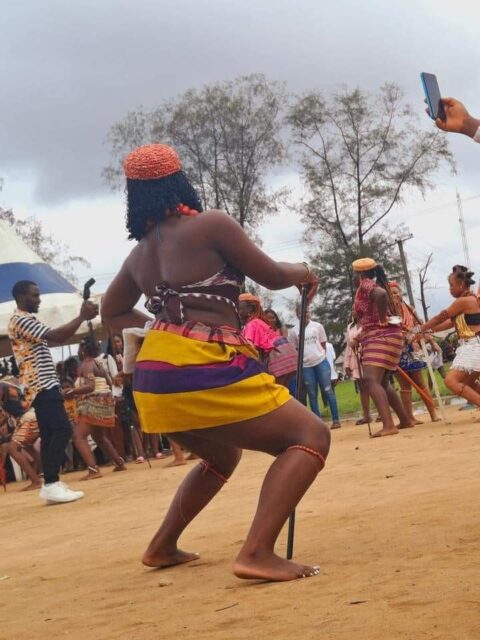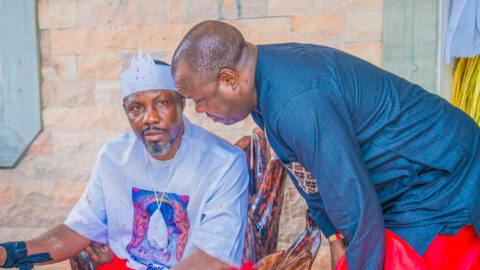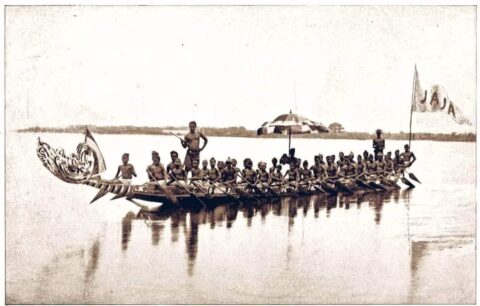
The Ijaw people, also known as the Izon, are one of the most ancient and remarkable ethnic groups in Nigeria, with a history that stretches back thousands of years before the arrival of other major tribes such as the Binis, Hausas, Yorubas, and Igbos. As the fourth largest ethnic group in Nigeria, the Ijaws are more than just an indigenous community—they are the original settlers of the Niger Delta region, a land rich in history, culture, and natural resources.
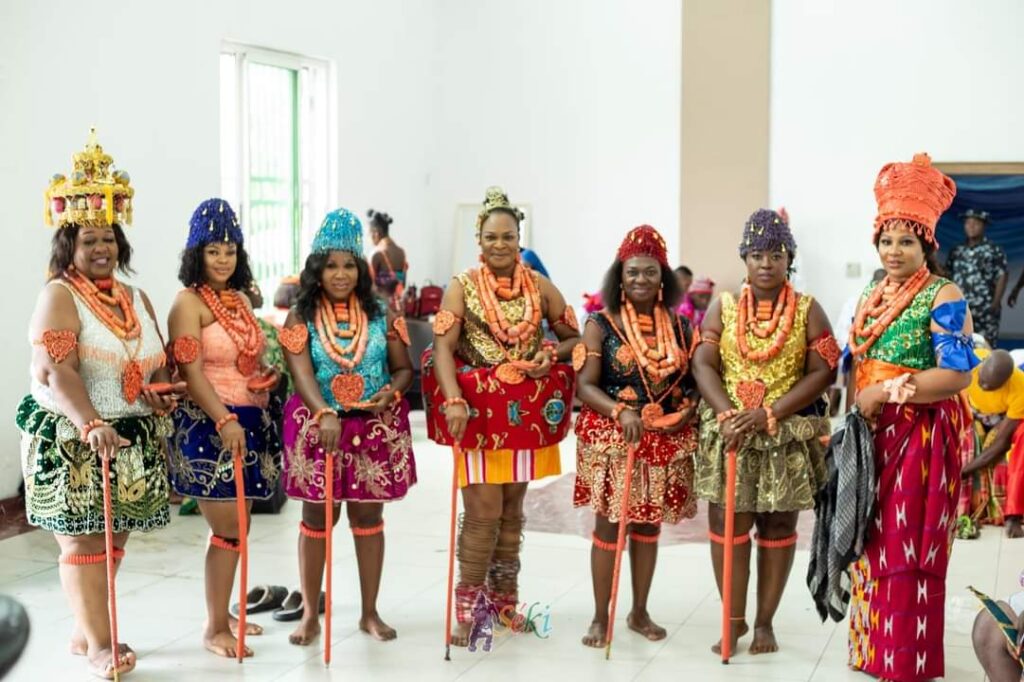
A People Rooted in Antiquity
The Ijaw people have existed for thousands of years, long before the borders of modern Nigeria were drawn. They were the first inhabitants of the Niger Delta, a vast area of creeks, rivers, and lush forests that have shaped their identity and way of life. Their connection to water is so profound that they are often referred to as “The People,” a name that reflects the integral role of rivers, seas, and the natural world in their existence.
Their primary homeland is in Bayelsa State, but their presence extends across several other states, including Delta, Rivers, Edo, Ondo, Akwa Ibom, and Cross River. The Ijaws are not only spread across Nigeria but also have a significant diaspora, with communities in countries such as Sierra Leone, Cameroon, Benin, Gabon, the United States, the United Kingdom, and other parts of the world. Wherever they go, the Ijaw people carry with them the rich traditions, values, and stories of their ancestors.
The First People of the Niger Delta
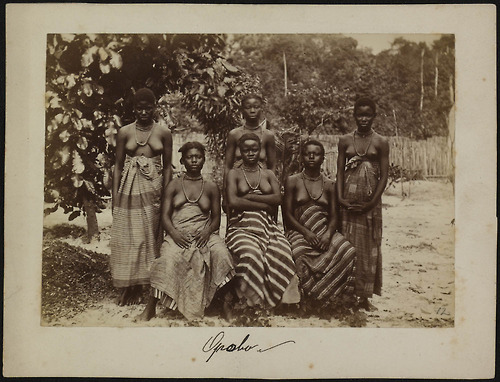
The Niger Delta, where the Ijaw people first settled, is one of the most complex and ecologically diverse regions in Africa. Its vast waterways, mangroves, and swamps have not only shaped the environment but also the culture and lifestyle of the Ijaw people. The Ijaw are known as master fishermen and traders, using the rivers and creeks as their highways long before roads or modern infrastructure were developed.
The Ijaws were among the first people in West Africa to establish organized communities and trading systems, long before European contact. Their early settlements were built along the rivers and coastal areas, where they engaged in fishing, farming, and trading with neighboring communities. This ancient connection to the water is not just economic but also spiritual, with water playing a central role in their religious beliefs and cultural practices.
A Legacy of Peace and Resilience
Despite being surrounded by various other ethnic groups, the Ijaw people have remained resilient and distinct. Known for their peaceful and accommodating nature, they have coexisted with neighboring tribes such as the Urhobos, Itsekiris, and Anioma in Delta State, the Ikwerre and Ogoni in Rivers State, and the Edos in Edo State. Their ability to adapt and maintain their cultural identity while living in a diverse environment is a testament to their strength as a people.
This resilience is also seen in their struggle for justice and environmental protection, especially in the face of exploitation of their land and resources by oil companies. The Niger Delta, rich in oil, has been the site of environmental degradation, but the Ijaw people have remained steadfast in their fight for fairness and the preservation of their land.
A Unique and Enduring Culture
The Ijaw culture is a unique blend of ancient traditions and modern influences. From their vibrant festivals to their deeply spiritual connection with nature, the Ijaw people have a rich cultural heritage that continues to thrive today. One of the most well-known cultural expressions of the Ijaw people is the “Owigiri” highlife music, which has produced legends like King Robert Ebizimor and Chief Bestman Doupere.
In addition to music, the Ijaw people are known for their traditional dances, storytelling, and artistic expressions that have been passed down through generations. These cultural practices are not only a source of entertainment but also a way of preserving their history and educating younger generations about their identity.
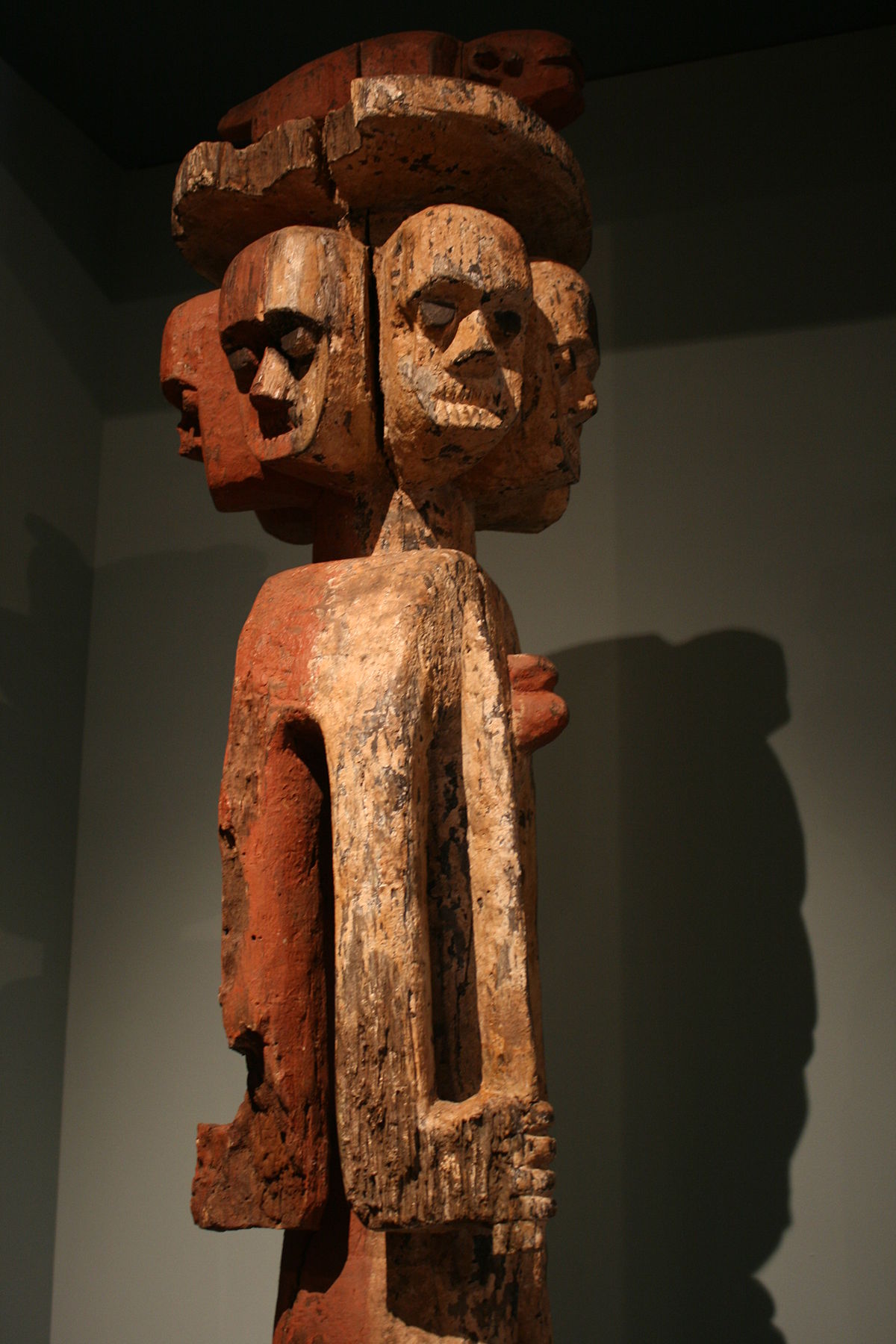
The Ijaw people are much more than just an ethnic group—they are a living testament to the resilience and adaptability of indigenous communities. Their rich history, deeply rooted in the Niger Delta, has shaped their culture, values, and way of life. Despite the challenges they have faced, the Ijaw people continue to thrive, both in Nigeria and in their diaspora communities around the world
As we look to the future, the Ijaw people’s story serves as a reminder of the importance of preserving and celebrating cultural heritage. The journey of the Ijaw people is not just a story of the past—it is a journey that continues to unfold, shaping the lives of millions and leaving an indelible mark on history.


